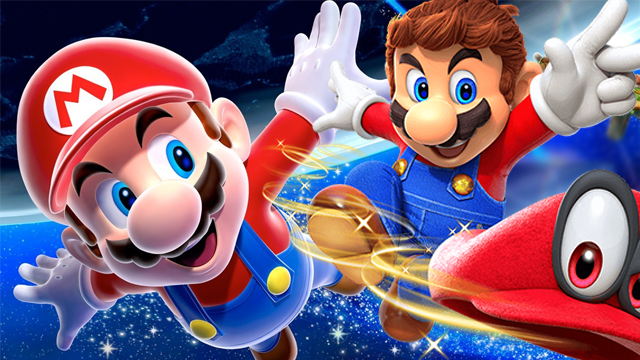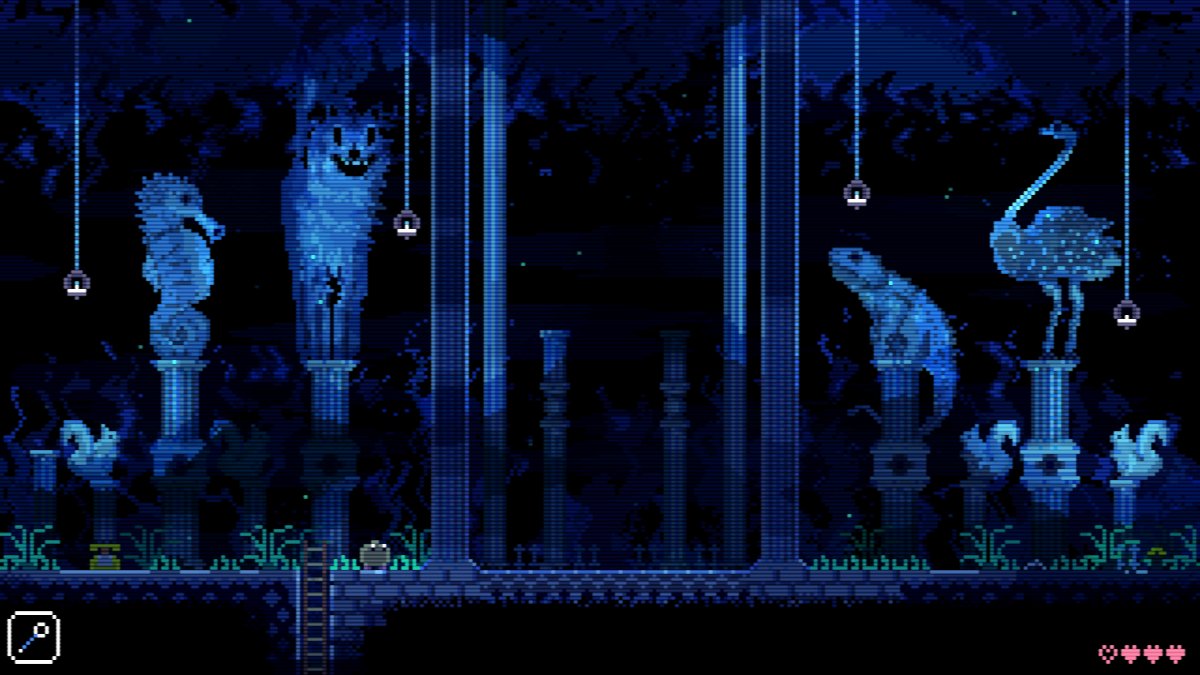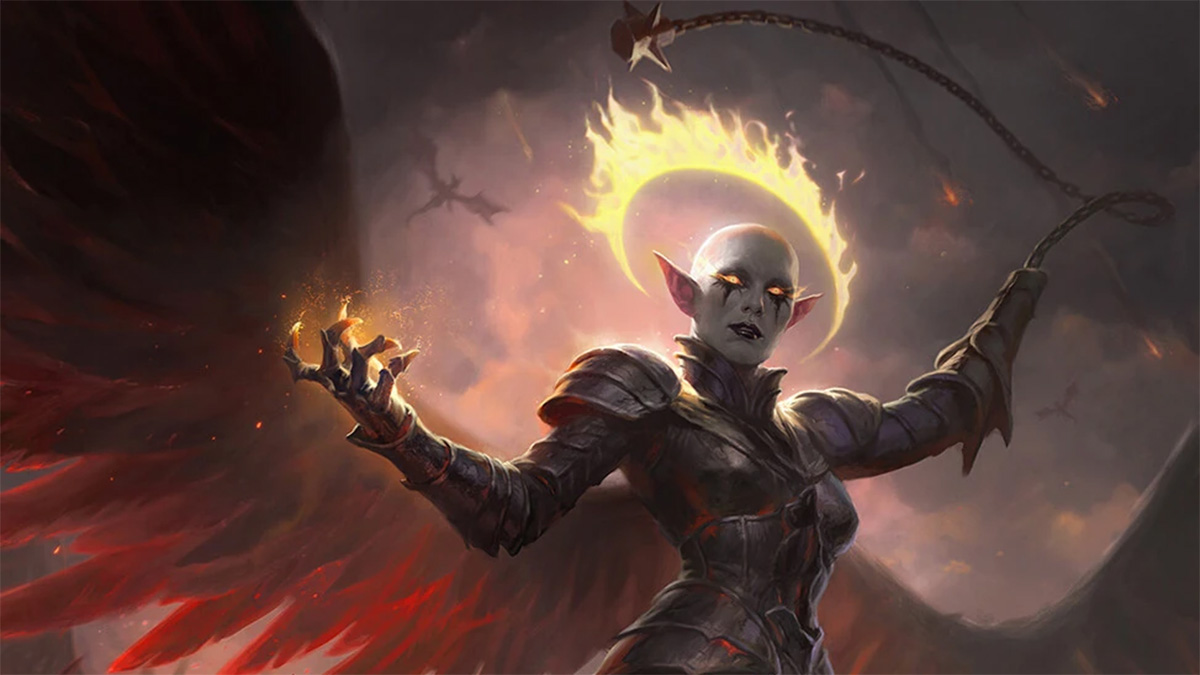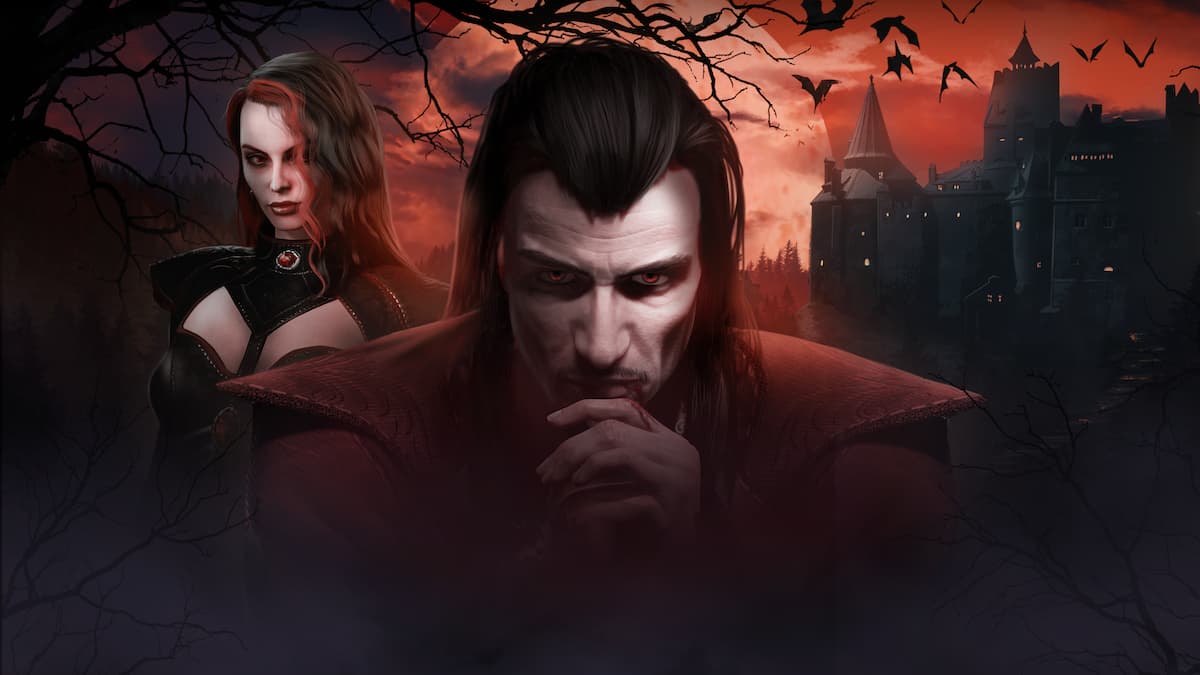Around a decade ago, I watched a video on GameTrailers called the Top 10 Years of Gaming, and the #1 was 2007. Considering that this video was made and uploaded at the tail end of 2007, it almost seemed presumptuous to call a year that was just on its way out the “Best Year in Gaming.” Now here we are, 10 years later, and people are already declaring 2017 to be another “Best Year in Gaming.” And you know what, both are right.
2007 and 2017 are two great years in the history of video games. 2007 gave us Assassin’s Creed, Mass Effect, Portal, Modern Warfare, BioShock, and Super Mario Galaxy. 2017 gave us Cuphead, Nier: Automata, Horizon: Zero Dawn, Breath of the Wild, Persona 5, and Super Mario Odyssey. And those are just all I can name off the top of my head. The sheer volume of quality games that came out in both years is amazing.
However, in retrospect, it wasn’t just the quality and the quantity of the games released that made it a historic year for the medium. It was how those games changed the landscape.
[Image courtesy of BioShock Wiki]
Take BioShock for example. The ideas it helped popularize have become so commonplace that its impact almost feels subdued. The way it uses audio logs to tell you its story, or how you are given moral choices that will impact the outcome of the game, were brought into the mainstream by BioShock and have become mainstays of video game design to the point that those once revolutionary mechanics feel clichéd.
How about Call of Duty: Modern Warfare? Not only did it break the military shooter subgenre out of World War II and into the modern era, but it also promoted the perk system in multiplayer and (for better and for worse) the idea that single-player campaigns could be highly scripted, cinematic roller coaster rides where you are taken from one set piece to the next.
In fact, when you think about it, the franchises and trends that defined 2007 either reinvented themselves or were phased out. In 2007, the Assassin’s Creed franchise begins. In 2017, the franchise gets a soft reboot with Assassins Creed: Origins. In 2007, the Call of Duty franchise does a huge shakeup by going to the modern era after the World War II setting begins to grow stale. In 2017, the Call of Duty franchise decides to go back to the World War II setting after the modern era setting grows stale. In 2007, Half-Life 2: Episode 2 ends in a huge cliffhanger that will ultimately set-up Half-Life 3. In 2017, Half-Life 3 is released in the form of a plot summary on Pastebin.
2017 feels like a new chapter is currently being written. The Nintendo Switch is blurring the lines between handheld games and console games. The surprise success of Nier: Automata saved Platinum Games. SEGA’s long-standing Yakuza franchise finally broke out of its niche. Cuphead surpassed the sales of the more heavily marketed Star Wars Battlefront II by a huge margin. The Legend of Zelda: Breath of the Wild reinvented the open-world mechanic.
The game industry is always changing. But this past year, just like 10 years ago, is where we are going to see the roots of many defining trends for years to come. Games will start taking cues from Breath of the Wild and how it constructed its world, while companies will begin to start assessing the Nintendo Switch and its potential after its first lucrative year.
What do you think? Are we gonna see some trends emerge from this year like we did from 2007’s releases? What’s it gonna be like reading this article in 2027? Let us know in the comments.







